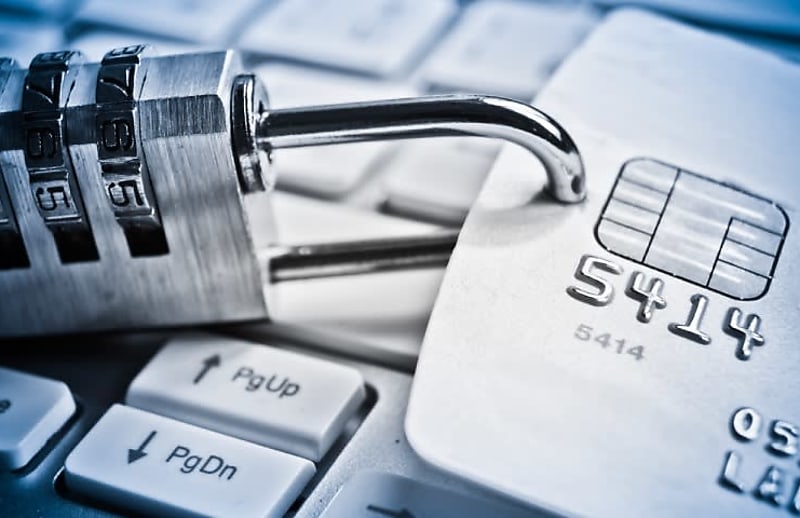Accountants advised on fraud detection tips for the new year
BusinessAccounting firms looking to expand into new services this year should consider potential fraud risks and how to mitigate them, Next Dimension Accounting has cautioned.

Accountants may want to review some of their processes and systems for fraud detection as 2025 kicks off, particularly those looking to expand into new service areas, according to Brendan Lucas, head of accounting, ApprovalMax and managing director of Next Dimension Accounting.
While accounting firms and their clients continue to be major targets for fraud attempts, Lucas said there are a range of practical measures that firms can take to help prevent any issues from occurring.
One of the most common forms of fraud targeted at accounting professionals and businesses, he explained, is fraudsters intercepting emails and altering the bank details from the invoice provider.
Issues can also crop up with international payments and with domestic payments, as well, he said.
"The other frequent one, which may be part proven or just suspected is just around employees with credit cards and debit cards and the general usage of those in terms of whether those purchases are business or those purchases are more personal ones," Lucas said.
There can also be instances in larger businesses or not-for-profits where executives with higher management power have the final approval over purchases and they're buying things that are not for the business and no one realises.
"In the current economic climate, everyone's trying to make their dollar go further whether that's on the personal, business or charity front so if any money is not going where it's supposed to be, it's another dollar that someone has to make up elsewhere," Lucas said.
Financial controls system ApprovalMax blocked a total of 56,856 invoices globally totalling $558,804,395.25 AUD, while 13,752 invoices were blocked in Australia alone.
Invoices were rejected for reasons including suspected fraud as well as other issues such as possible duplication and goods and services that hadn't been provided.
With some accounting firms looking to expand into new types of services to their clients such as accounts payable, Lucas stressed the importance of having the right systems and processes in place for these kinds of services.
"If you're starting to provide services like accounts payable then you're taking on the risk of making sure that the bills get paid to the right suppliers for your clients, not just yourself," he said.
One of the practical strategies accounting professionals may look to implement is establishing a certain dollar threshold for clients so that where there is a new supplier or change in bank details, the accountant will verbally confirm that through a known contact detail with the supplier.
Lucas said that picking a dollar threshold means it can be done more cost-effectively.
"It's also [important to] bring in software or processes so that your clients have oversight and cap approve bills properly from a natural expenditure point of view," he said.
"There also needs to be a bank payment process in place so that you're not taking on too much of that risk because as an accountant I don't know whether that laptop got delivered and I don't know whether that consultant was supposed to bill $4,000 or $6,000.
"Accounts payable can be a really good value add service for accountants to offer but it needs to be set up in a way where you reduce the risk on both sides as both the accountant providing the service and also for the clients."
With any new services accountants are looking to offer, Lucas said practitioners should be assessing the opportunity and the risks and how to reduce or mitigate those risks.
"If you haven't done the homework first, then you could be exposing yourself to something where any reward you were going to get from that service will soon be diminished by one or two by one or two mistakes."
Lucas said ensuring clients have budgets and being across those budgets is another simple way accountants can help prevent instances of fraud.
"If you're measuring against budgets or you're looking at trend analysis then as an accountant you might be able to spot things for your clients, whereas if you don't then you don't know whether it should have been higher or lower."
It is also vital to have proper processes around credit and debit cards, what digital solutions are available in that space, and that they're getting reviewed regularly by an independent manager.
"For many years there have been issues for many years with credit or debit cards being hacked as well as people taking the mickey out of corporate expenses," Lucas said.
"If you're not reviewing them regularly then the length of time may be longer than you realise and it will be harder to claw back that money from your financial institution."




